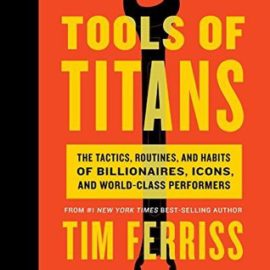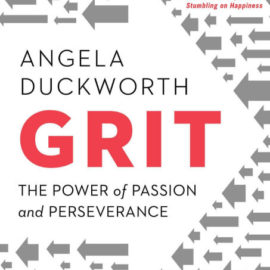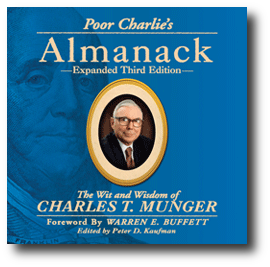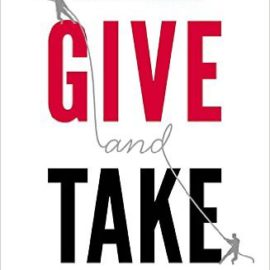Want to learn the ideas in Measure What Matters better than ever? Read the world’s #1 book summary of Measure What Matters by John E. Doerr here.
Read a brief 1-Page Summary or watch video summaries curated by our expert team. Note: this book guide is not affiliated with or endorsed by the publisher or author, and we always encourage you to purchase and read the full book.
Video Summaries of Measure What Matters
We’ve scoured the Internet for the very best videos on Measure What Matters, from high-quality videos summaries to interviews or commentary by John E. Doerr.
1-Page Summary of Measure What Matters
Overview
John Doerr, a venture capitalist, wrote about Objectives and Key Results (OKRs) in his book “Measure What Matters: How Google, Bono, and the Gates Foundation Rock the World with OKRs”. The method is a simple but highly effective goal-setting technique that’s been used by Google since its early days. OKRs are meant to be paired with concrete objectives as well as actionable steps. This helps keep things clear and transparent for companies and teams alike while also encouraging constructive dialogue.
The OKR system is a process that ensures focus, alignment, accountability and stretching. It helps people stay on track with their action steps and ensures they’re working toward the organization’s larger goal. The result is increased productivity and engagement.
Doerr learned about Objectives and Key Results (OKRs) from Andy Grove, who is the founder of Intel. Doerr was an intern at Intel in the 1970s before he became a full-time employee there for four years. He worked closely with Grove to learn how OKRs are used to build teams that can produce results that change industries.
Intel had a management system that was developed by Andy Grove. It was based on the work of Peter Drucker, who revolutionized the field of management with his human-centered approach to measurable results. Intel adopted this new system and used it to great success: innovation flourished, and they became one of the world’s leading computer manufacturers.
After Doerr left Intel, he joined a venture capital firm as a consultant in 1980. He started advising other companies and invested $12.5 million into Google when it was just starting out. He had faith in the young start-up and its co-founders, Sergey Brin and Larry Page, but he also knew that they didn’t have much management experience. So he pitched them on OKRs (Objectives & Key Results), which are goals tied to measurable results that help people achieve their objectives by focusing their efforts on what’s most important rather than simply trying to get everything done at once. The pair liked the idea so much that they adopted it for themselves.
The OKR system creates a healthy organizational culture. It’s also motivating for employees, because they can see what their colleagues are working on and help them with it. Transparency is increased when everyone knows what everyone else is working on, and accountability comes into play as well. Grading helps the organization evaluate goals more efficiently.
Although OKRs can be used by themselves, they work best when combined with CFRs (conversations, feedback and recognition). Unlike OKRs which are set within a specific time frame, CFRs occur continuously. Many successful companies use the OKR methodology including YouTube, Amazon and the Bill & Melinda Gates Foundation. Individuals can benefit from this method as well. When using the framework of OKRs individuals have more freedom to innovate in potentially world-changing ways.
Key Point 1: Ideas are the easy part of success. Executing ideas effectively requires a concerted effort and systematized framework.
There are many people who generate ideas. They’re the ones that think of new ways to change things in their lives and in the world around them. However, only a few of these idea generators succeed because they don’t have a system for generating good ideas. The OKR (Objective and Key Results) system is one such system that helps teams stay focused on what they want to achieve, as well as track their progress towards those goals.
As Poppy King realized, having a million-dollar idea isn’t enough to catapult someone to business success. She had an epiphany about matte lipsticks and worked hard on developing them into a product that would have mass appeal. After many years of work, she was able to launch her company with great success. In Lessons of a Lipstick Queen: Finding and Developing the Great Idea That Can Change Your Life (2007), King writes about how ideas can be valuable if you know what to do with them.






